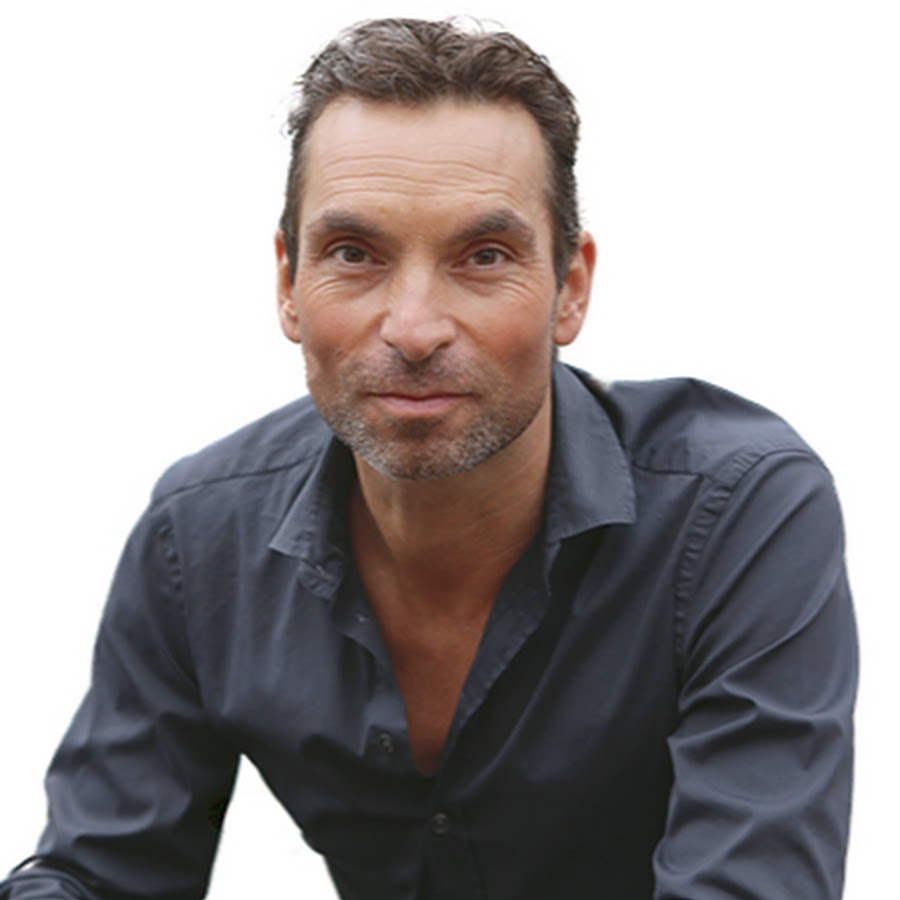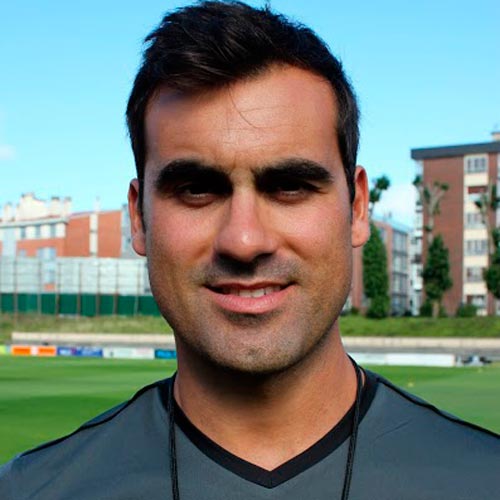IMPORTANT:
If you are or have been a participant in an online program of Barça Innovation Hub Universitas and you are interested in enrolling in this Professional Diploma, contact us via CHAT to guide you in the purchase process.












IMPORTANT:
If you are or have been a participant in an online program of Barça Innovation Hub Universitas and you are interested in enrolling in this Professional Diploma, contact us via CHAT to guide you in the purchase process.
Neuromuscular basis for strength training
MODULE 1: Characteristics of the musculoskeletal system.
MODULE 2: Muscle action and its relationship to sports.
MODULE 3: Systemic changes in detraining and immobilisation.
MODULE 4: Assessment of muscular properties in relation to sport.
MODULE 1: Contextualization: how can we adapt strength training to team sports?
MODULE 2: Strength workload methodology in situation sports.
MODULE 3: Integrating strength workload into planning and programming of situation sports.
MODULE 4: Strength in the design of sports specific tasks. Examples based on football.
Strength and muscle power as a key feature of rehabilitation from sports injuries
MODULE 1: Analysis of injury in sports: injury mechanisms and associated risk factors.
MODULE 2: Sports injuries and their relationship with the quality of strength.
MODULE 3: Strength manifestations and muscle power in the post-injury rehabilitation process.
MODULE 4: New paradigms in strength training: muscle building through vascular occlusion.
Technology, strength training and muscle power
MODULE 1: Technology, equipment and general strength training.
MODULE 2: Technology, equipment and specific strength training in relation to sports.
MODULE 3: Technology in strength and muscle power evaluation.
MODULE 4: Interactive technology and strength training.
MODULE 1: Prevention of and readaptation from injuries
MODULE 2: Muscle injury and tendinitis management
MODULE 3: Management of joint and bone injury
MODULE 4: Decision making and returning to competition
MODULE 1: Management of medical pathology 1
MODULE 2: Management of medical pathology 2
MODULE 3: Sports Specific pathologies
MODULE 4: Special sports and competitions
MODULE 1: Leadership
MODULE 2: Communicational Tools
MODULE 3: Motivational Climates
MODULE 4: Coaches and their Environment
Nutrition, recovery and training adaptations
MODULE 1: Exercise and fatigue
MODULE 2: Recovery and adaptation
MODULE 3: Optimising recovery and adaptation
MODULE 4: Recovery from injury
Assessing Training and Training Load Management
MODULE 1: Analysis of the training task
MODULE 2: Analysis of the training session
MODULE 3: Analysis of the training microcycle
MODULE 4: Analysis of the training mesocycle and of broad temporary training phases
Improve critical analysis by completing a training program on the different professional roles of sports science and health.
Apply the appropriate methodology to the design of the post-injury rehabilitation process in situations where strength development plays a significant role.
Apply the appropriate methodology to the design of the post-injury rehabilitation process in situations where strength development plays a significant role.
Have a broad understanding of the emerging methodologies of strength training in order to explore these with the benefit of a solid scientific foundation.
Get to know the fundamental characteristics for both prevention strategies and injury rehabilitation, as well as the different injury mechanisms in team sports.
Handle pathologies and specific injuries corresponding to each sport.
Use the appropriate tools to develop effective leadership in the management of groups and individuals.
Optimize acute recovery and training adaptation with nutrition.
Analyze workload monitoring data to orientate the training process towards preventing injuries and consequently successfully optimize sports performance.

24-HOUR ACCESS TO STUDY MATERIAL, FROM ANYWHERE, ON ANY DEVICE

VIRTUAL COACHING, FOLLOW-UP, AND SUPPORT FROM A SUBJECT EXPERT

ACTIVITIES AND ASSESSMENTS WITH PERSONALIZED FEEDBACK

DISCUSSION FORUMS AND INTERACTION WITH COLLEAGUES FROM ALL OVER THE WORLD

CERTIFICATE ISSUED BY BARÇA INNOVATION HUB AND ENDORSED BY THE CORRESPONDING INSTITUTION.

Self-assessment to measure your learning progress